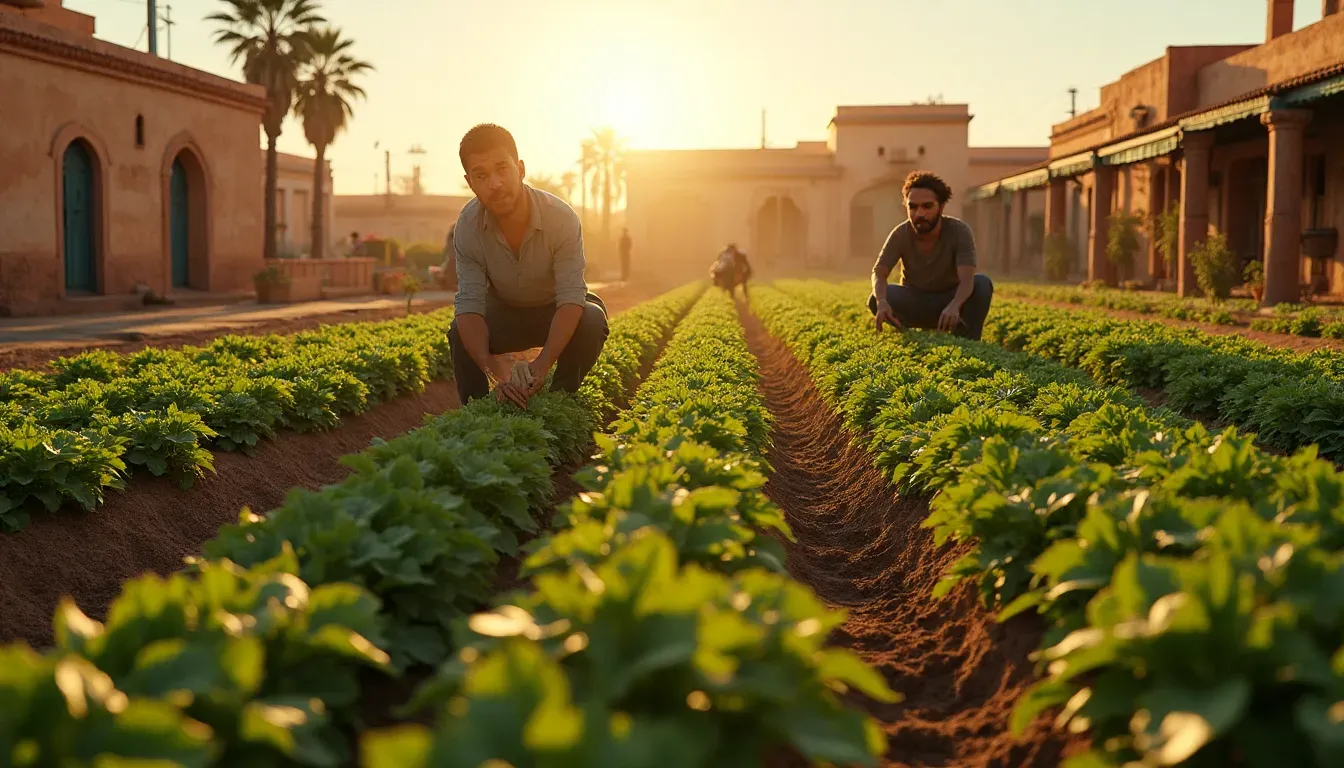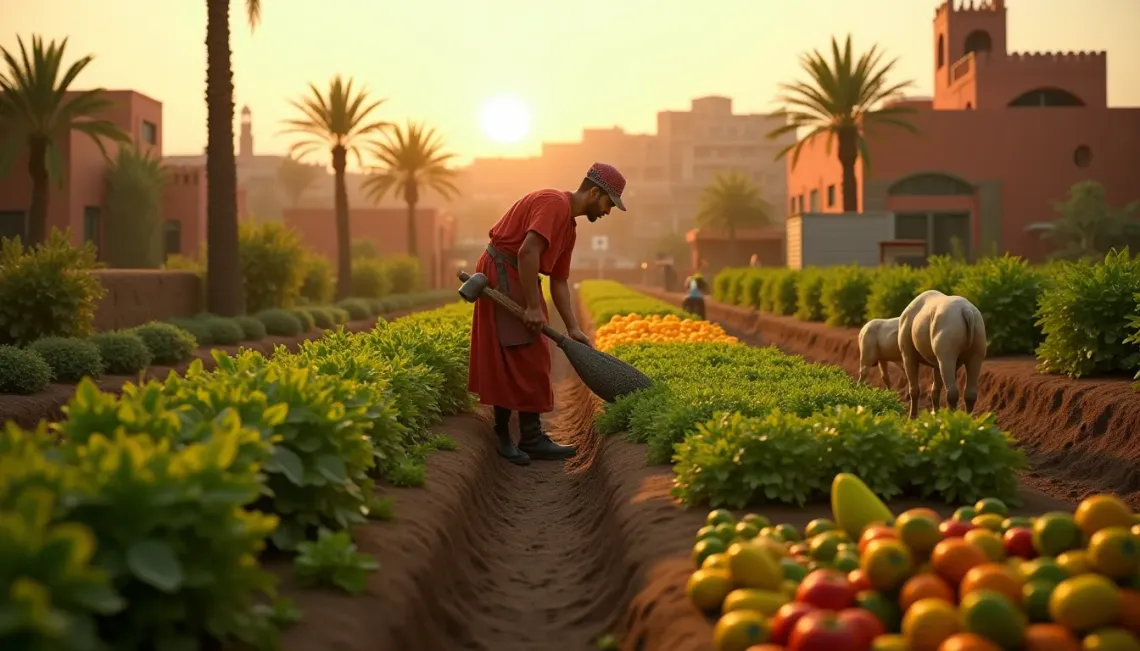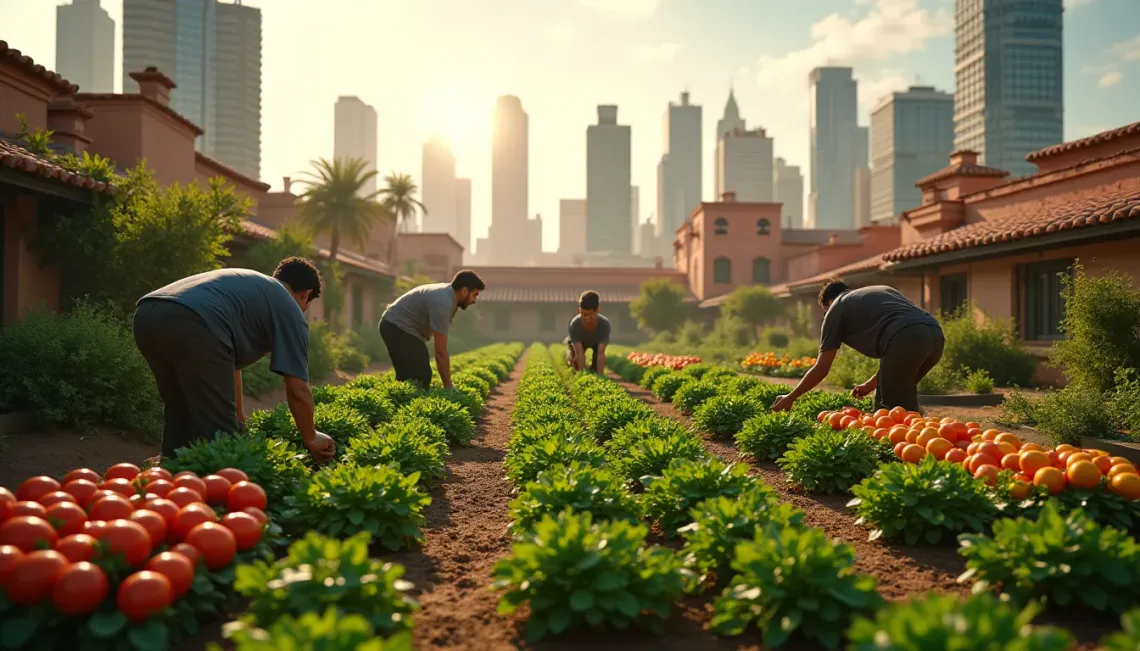The rise of urban farming in Morocco is a testament to the country's innovative approach towards sustainable agriculture. Urban farming, the practice of cultivating, processing, and distributing food in or around urban areas, has become a significant movement in Morocco. This practice offers numerous benefits while also presenting distinct challenges that need to be addressed.
Understanding the Benefits of Urban Farming in Morocco
Urban farming in Morocco provides multiple benefits, from environmental to socio-economic advantages. As more cities adopt sustainable agriculture, the impact is profound and far-reaching:
- Improved Food Security: With urban farming, fresh produce is readily available, reducing dependence on imported goods. This improves food security, making it possible for urban populations to access nutritious food at lower costs.
- Environmental Conservation: Urban farming practices contribute to reducing carbon footprints by minimizing the distance food travels from farm to table. It also promotes biodiversity and improves air quality in cities.
- Economic Opportunities: The movement provides job opportunities and encourages entrepreneurship among urban dwellers. It empowers communities by integrating agriculture into urban settings.
- Educational Benefits: Many urban farming projects double as educational platforms, teaching residents about sustainable practices and the importance of fresh, local food.
Challenges Facing Urban Farming in Morocco
Despite its benefits, urban farming in Morocco encounters several challenges that must be tackled for successful implementation:
Limited Space and Resources
One of the primary challenges is the scarcity of available land. Urban areas in Morocco are densely populated, making it difficult to find suitable land for farming. Additionally, resources like water and organic materials are often limited.
Regulatory and Policy Barriers
The lack of clear policies and support from the government can hinder the development of urban farming initiatives. Policymakers need to create frameworks that encourage investment and innovation in urban agriculture.
Technical Knowledge and Skills
Urban farming requires specific skills and knowledge in sustainable agriculture. Training and education are essential to equip farmers with the necessary expertise to maximize productivity and sustainability.
Future Prospects of Urban Farming in Morocco
The future of urban farming in Morocco looks promising with the increasing trend towards sustainable agriculture. Continued efforts to overcome challenges, backed by governmental support and community engagement, can propel this movement forward. With focused strategies and increased awareness, urban farming could play a pivotal role in Morocco’s sustainable development goals.
In conclusion, while urban farming in Morocco presents both benefits and challenges, its potential to transform urban landscapes into hubs of sustainable agriculture is undeniable. For those interested in related topics, exploring sustainable practices in agriculture could provide additional insights into this growing movement.




